7.30-8.1 全数会2025(第六届)机器人及智能工厂展
火热报名中>>
环保趋势利好各大激光器厂商
Some trends favor laser makers.
For example, carmakers are adopting use of lasers to produce lighter, more fuel-efficient cars.
Bill Shiner, IPG‘s vice president of industrial sales, says the car industry was slow to embrace fiber-based lasers, but IPG’s laser sales to carmakers have taken off the past few years as the auto field began to recover and consumers started demanding better gas mileage.
IPG‘s fiber-based lasers are good at penetrating the high-strength steel that car companies prefer for their lighter weight, Shiner says. Also, making car batteries, including those for hybrid and electric vehicles, is easier using laser welding.
Laser prices have fallen, so more plants can afford to retool and upgrade for high-volume, high-precision manufacturing.
Newer lasers are more powerful, use less energy and need less maintenance than older versions, Shiner says. Even diamond-based cutters, an alternative to lasers, wear out.
“Finally, it’s cost-justifiable,” he said. “It‘s just made things much more doable.”
In new, fuel-efficient jet engines, lasers are used to drill millions of tiny holes in surfaces to keep the components cool, Shiner says.
The wind-energy sector is looking to lasers to improve the corrosion resistance of turbines, which can be covered with another metal in a process called laser cladding, he says.
Conventional energy companies like oil and gas drillers are also turning to laser cladding to refurbish their drill bits and pipes.
Solar Picture Also Bright
Solar energy has been shining on lasers as well, though Noble’s Miller says the alternative energy industry is still a relatively small share of manufacturers‘ business.
Lasers are needed in manufacturing thin-film solar cells because mechanical systems can’t quickly and accurately etch tiny lines and holes in the film, said Phillippy. A mechanical tool can‘t make a hole a millionth of a meter wide.
Even if the solar module market doesn’t pan out, due to cuts in government subsidies or other factors, laser makers like Newport will be OK, Phillippy said.
He sees more uses in scientific research, including gene sequencing and diagnostics. Utilization of lasers to correct vision impairment and to carve custom dental and medical implants also will grow, he says.
Military technology like night-vision optics could find its way in commercial applications like car safety features and security cameras, he says.
Advances in technology that have made lasers easier to use, smaller, more efficient and less costly will continue, Phillippy says, expanding the range of potential applications.
“You don‘t have to make just one bet,” he said.

图片新闻
最新活动更多
-
7.30-8.1火热报名中>> 全数会2025(第六届)机器人及智能工厂展
-
7月30-31日报名参会>>> 全数会2025中国激光产业高质量发展峰会
-
7.30-8.1马上报名>>> 【展会】全数会 2025先进激光及工业光电展
-
免费参会立即报名>> 7月30日- 8月1日 2025全数会工业芯片与传感仪表展
-
精彩回顾立即查看>> 锐科激光《锐见·前沿》系列前沿激光应用工艺分享
-
精彩回顾立即查看>> 维度光电·引领光束质量分析应用全新浪潮【免费下载白皮书】
推荐专题







 分享
分享
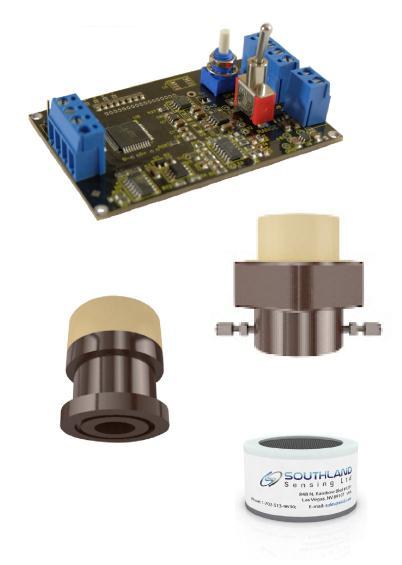

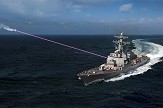






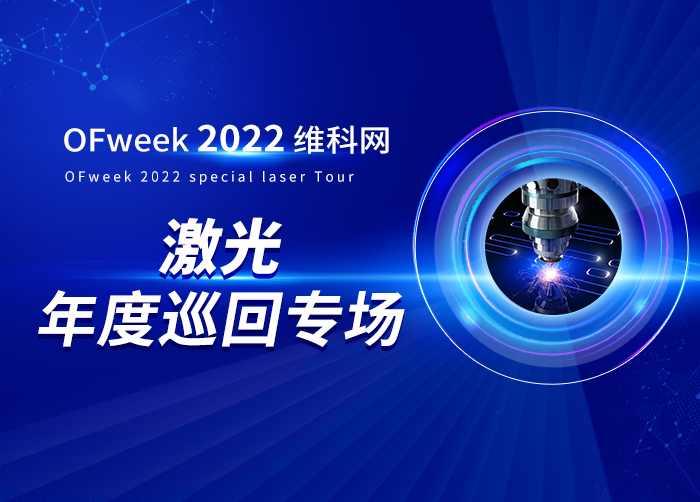
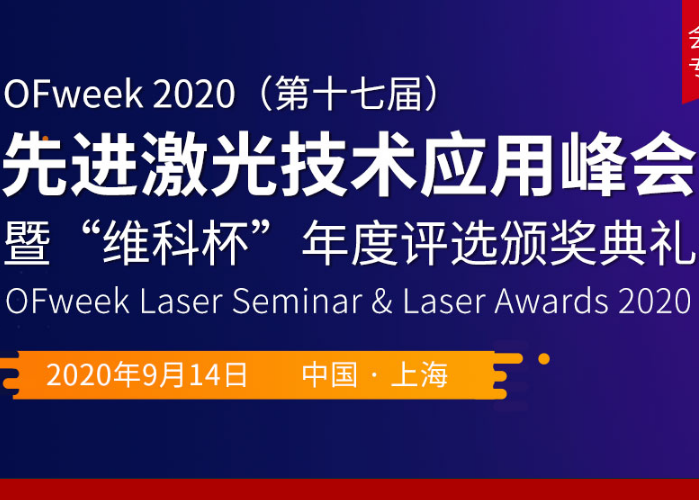
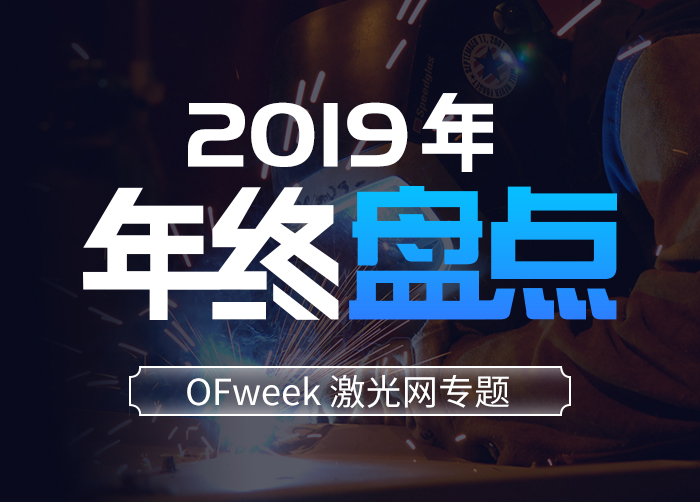
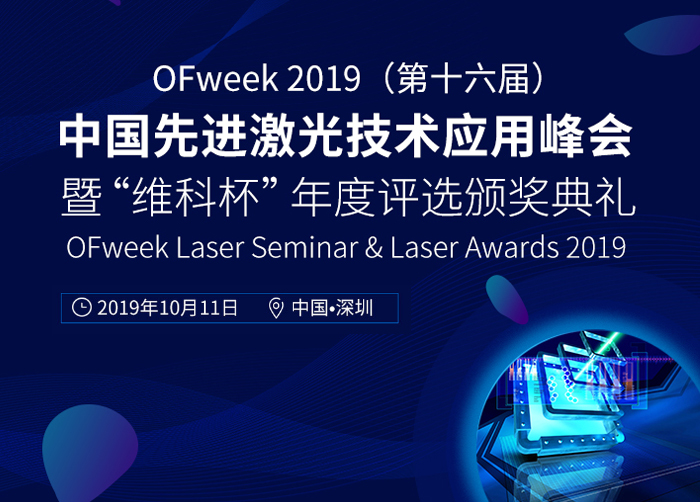















发表评论
请输入评论内容...
请输入评论/评论长度6~500个字
暂无评论
暂无评论